Honey Bees: Vital Pollinators
Honey bees play a crucial role in pollinating crops and wild plants, contributing significantly to food security and ecosystem health.
the Bees, Save Us
Discover the vital role of honey bees in our ecosystem and learn how you can contribute to their protection. Support ethical beekeeping and help ensure a sustainable future for these essential pollinators.
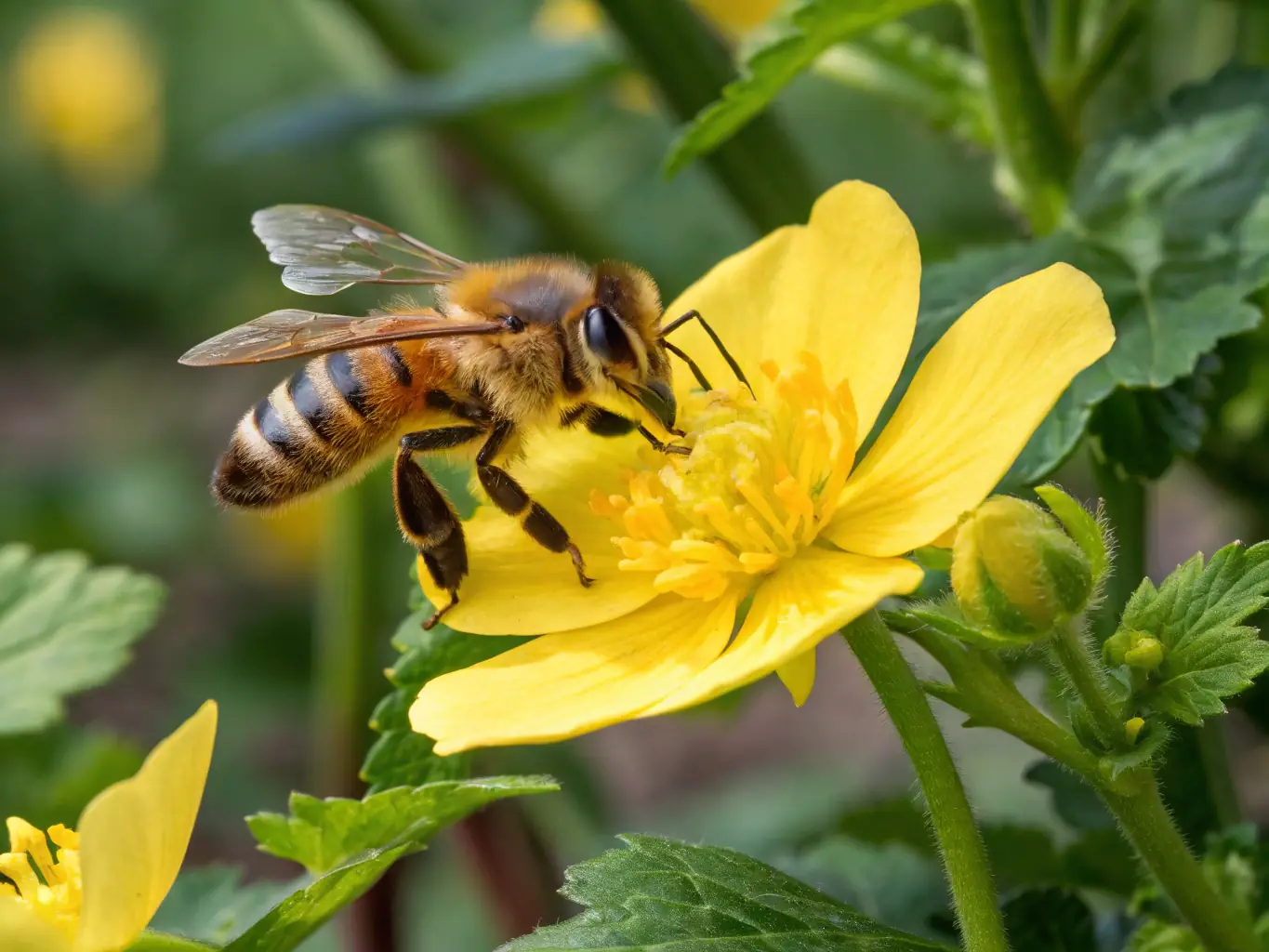
Get in Touch
Contact Us
Reach out to us for inquiries, support, or to learn more about our work.
- [email protected]
- +1 503-555-0199
- 123 Bee Lane, Portland, OR 97214
The Vital Role of Honey Bees
Honey bees are essential for pollinating crops and wild plants, supporting biodiversity and food supply. Their health directly impacts ecological balance and agricultural productivity, making their conservation a top priority.
0
bees
Join us in protecting honey bees, the key to a sustainable future. Learn how they support our environment and what you can do to help preserve these vital pollinators for generations to come.
0
bees
Support conservation efforts and promote ethical beekeeping to ensure the survival of honey bees and the ecosystems they sustain.
0
bees
Discover the importance of honey bees in maintaining ecological balance and securing our food supply. Protecting these pollinators is crucial for a healthy planet.
0
bees
Learn more about how honey bees help the environment and what actions you can take to support their conservation.
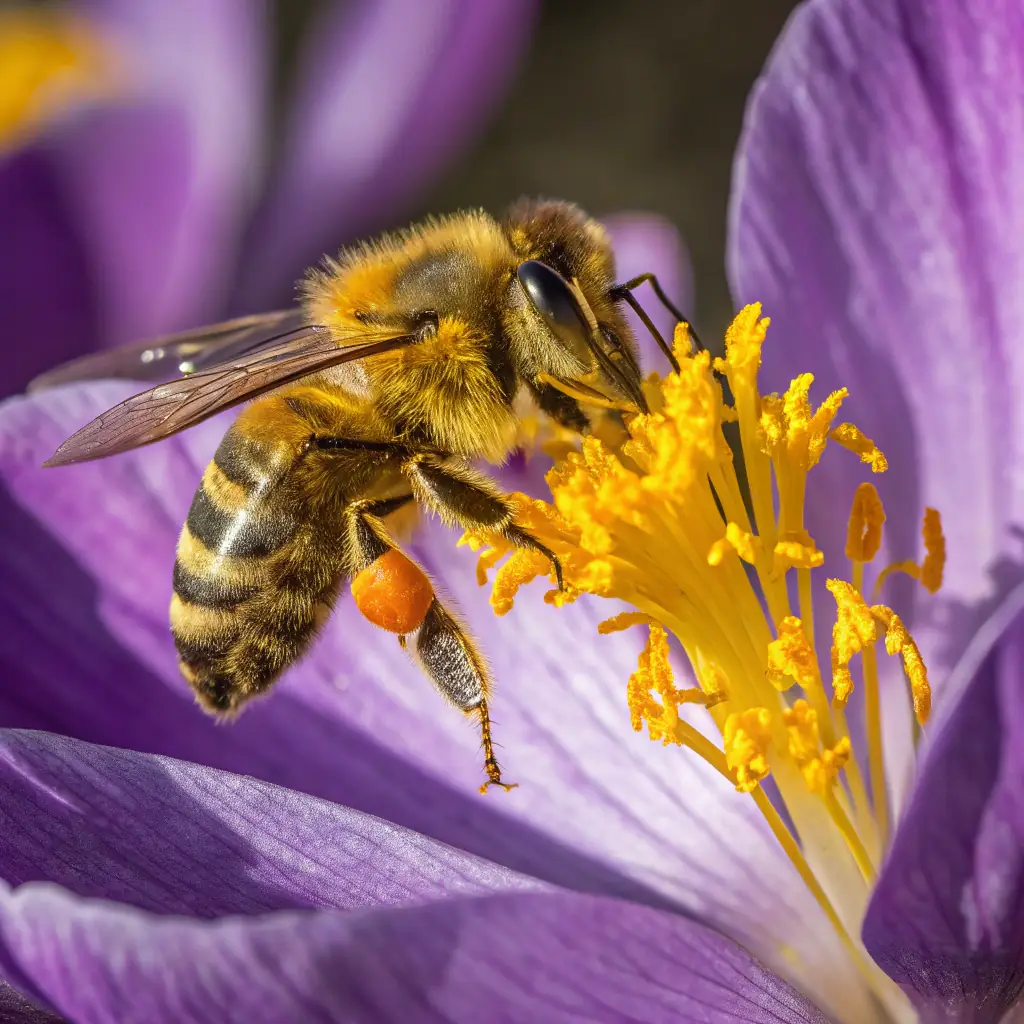
Understanding the Threats and Embracing Ethical Solutions for Honey Bees
Honey bee populations face numerous threats, including habitat loss, pesticide use, diseases, and climate change. Ethical beekeeping practices are crucial for mitigating these threats and ensuring the long-term health and sustainability of honey bee colonies. By adopting responsible approaches, we can protect these vital pollinators.
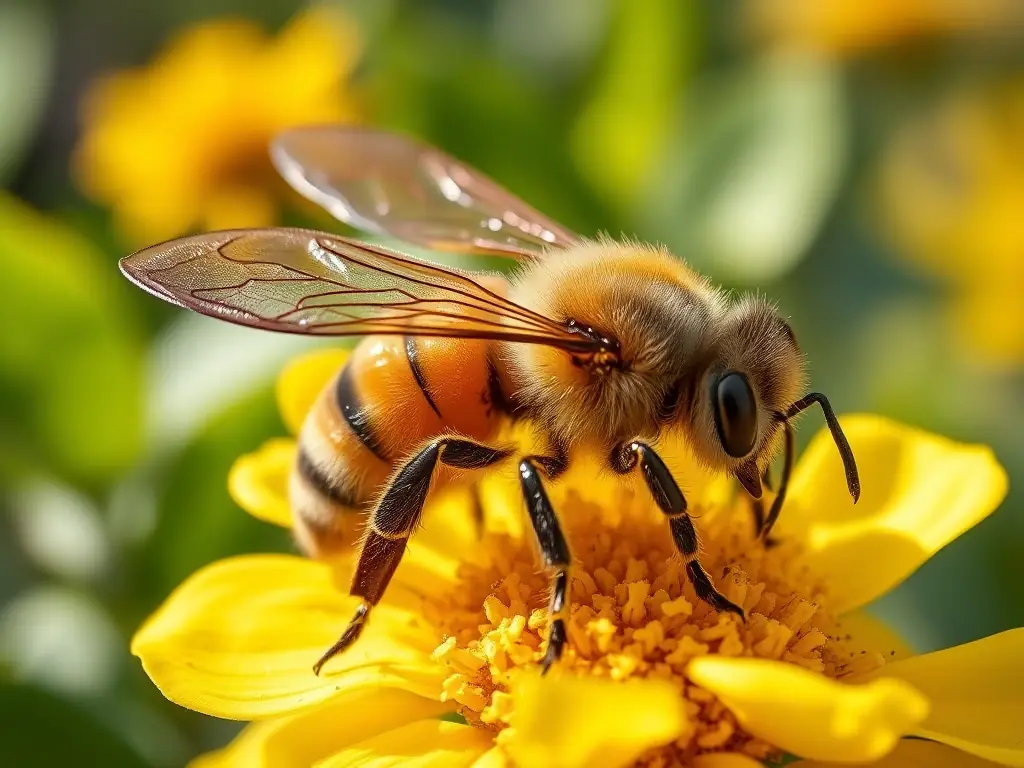
Pesticide Exposure
Pesticides pose a significant threat to honey bees, disrupting their navigation, weakening their immune systems, and causing direct mortality. Reducing pesticide use is essential for protecting bee populations.
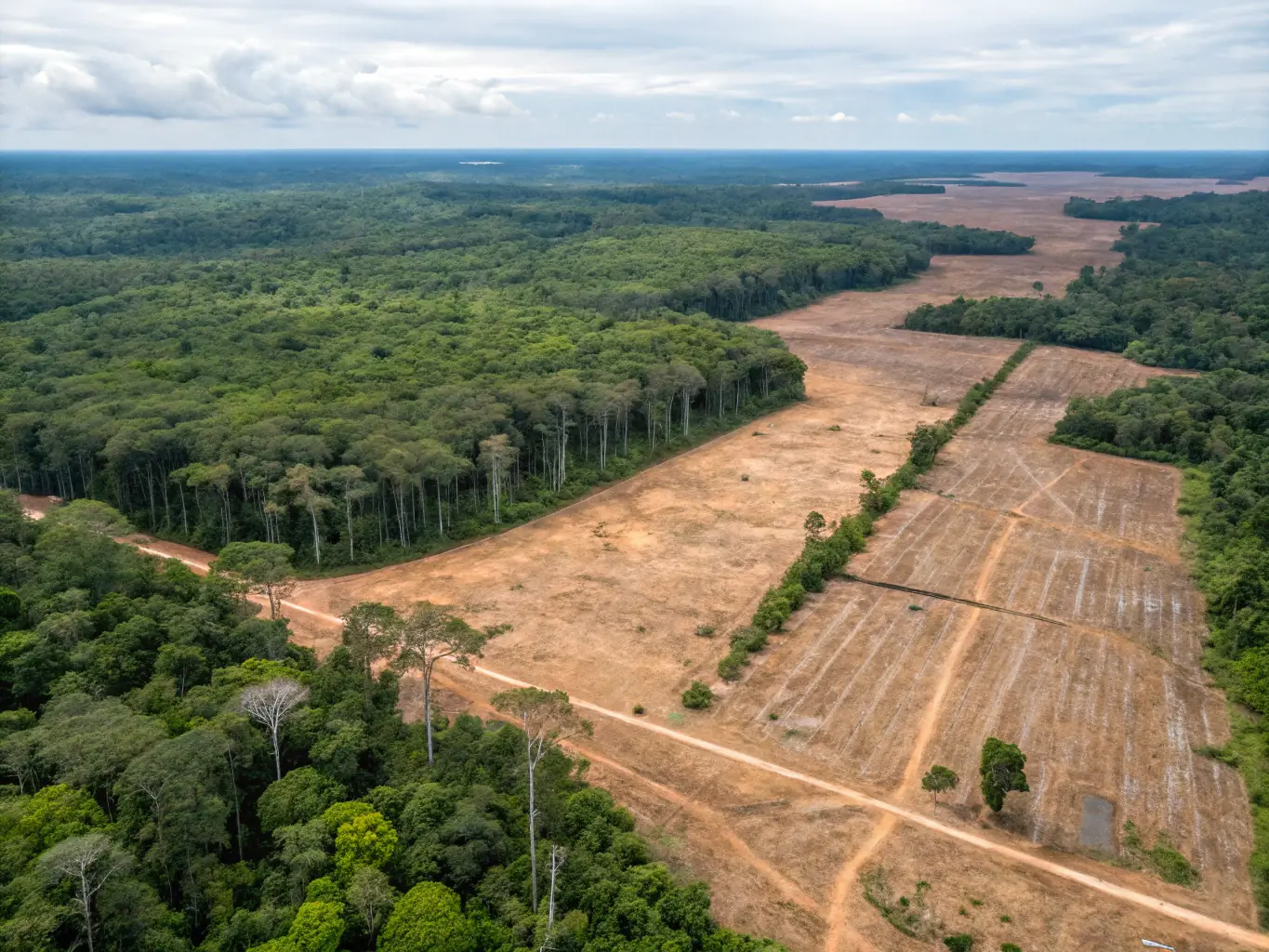
Habitat Destruction
The destruction of natural habitats deprives honey bees of essential food sources and nesting sites. Protecting and restoring habitats is crucial for supporting healthy bee populations and biodiversity.
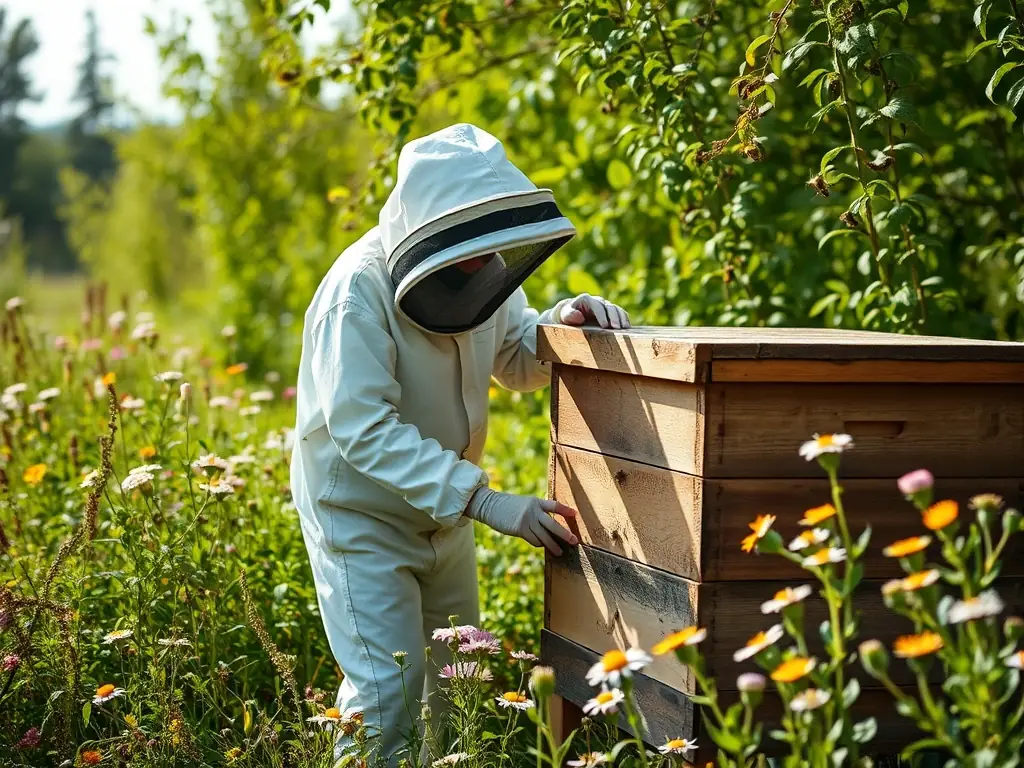
Ethical Beekeeping
Ethical beekeeping practices prioritize the health and well-being of honey bees, ensuring sustainable colony management and minimizing stress. These practices are essential for long-term bee health.
